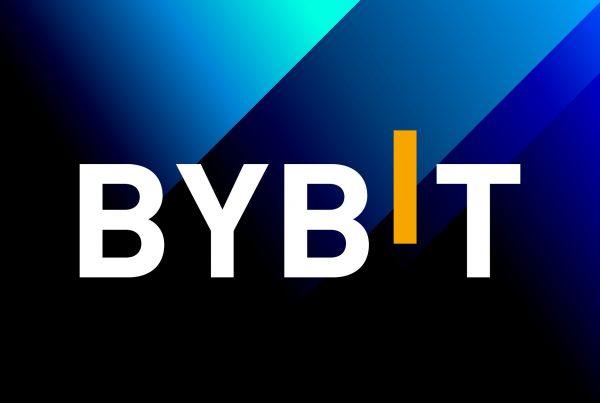
The crypto market is moving at a breakneck pace. Yet many people still find it very daunting, especially those without the technical know-how of smart contracts and blockchain. However, there is no “one way” of making money with cryptocurrency. There are a lot of opportunities in the crypto space, one of which is liquidity providing. Liquidity providing is funding a liquidity pool with crypto assets you own to enable trading on the platform. At the same time, you earn passive income on your deposit.
Decentralized exchanges that use AMM (automated market maker) systems leverage liquidity pools to allow trading on their platform. Rather than use the standard order book-based trading method, they use funds saved for every asset in the trading pair to enable trading to happen.
Liquidity providers are reasons why trade happens. Therefore, they are regarded as trade facilitators and are rewarded with a percentage of the transaction fee. The amount depends on the liquidity pool they provide. Anybody can become a liquidity provider with a decentralized exchange like Hashbon. However, Hashbon is not limited to liquidity providers alone. Large and small crypto investors can also take advantage of the platform to stake the HASH token. Crypto users interested in swapping tokens can also embrace the platform since they offer a cross-chain decentralized exchange.
What makes Hashbon different from other exchanges? Let’s take a look at the Hashbon project and how anybody can benefit from the platform.
Hashbon was created in 2016 to change the market of decentralized cryptocurrency payment for business owners and individuals. In 2021, the company expanded its Hashbon Finance Reinvented (FiRe) ecosystem and introduced its first-ever (CDEX) cross-chain DEX, Hashbon Rocket.
Since Ethereum is getting closer to its bandwidth limit, Gas has increased in price, making crypto transactions relatively high for an average investor. This has led to the rise of BSC (Binance smart chain) to launch different token versions. This has also resulted in a problem where exchanging ERC 20 tokens into BEP 20 format is tedious.
Hashbon developed Hashbon Rocket to tackle this problem by making the decentralized exchange of ERC 20 into BEP 20 an easy process, unlike other exchanges such as UNiswap and Pancake Swap that only support exchanges with a single blockchain. Other exchanges also have more control over users than they should and but Hashbon gives users complete ownership and control over their funds with enhanced security.
According to their recent update, Hashbon prominent feature is its cross-chain exchange functionality. The project has established an ecosystem that allows other participants to generate returns. In their words, they plan to “Finovate” and “REinvent” the existing crypto payment landscape by providing a diversified ecosystem in the following ways.
Users can become an arbiter for Hashbon Rocket and vote for transactions or stake Hash tokens. This means anyone holding HASH can generate revenue in two ways.
Business owners can accept payments via the Hashbon platform, with zero percent transaction fees and one percent fees for exchanges, allowing businesses to take payments faster and efficiently all over the world.
Individuals are also able to trade tokens and cryptocurrencies via the trading platform.
Hashbon does this by using this process:
- Liquidity providers use the Hasbon Rocket system to enable trading pairs, allowing BEP-20 and ERC-20 tokens transfers by using smart contracts.
- The user can transfer tokens from one chain and receive tokens to another chain.
- Group of Arbiters can confirm the transaction and carry out any necessary cross-chain communication.
To ensure that the Arbiters are managing the Swaps fairly, how much HASH they own determines how much they earn, which means that the proper response from an Arbiter with more HASH will make them a higher reward. At the same time, an incorrect one will result in the Arbiter getting a much higher penalty.



